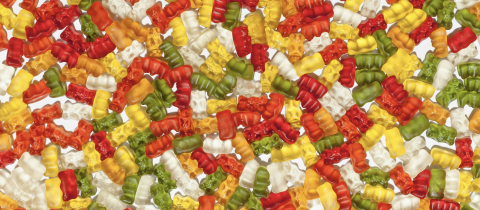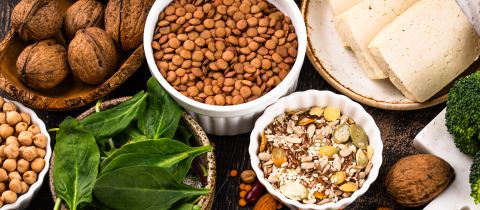The use of the label "organic" is regulated by a strict set of guidelines. As it applies to farmed fish, it implies following a number of rules with respect to water recycling, disposal of waste and feed. All food the fish are fed must come from certified organic sources. This is not a problem when it comes to species such as the tilapia which is vegetarian since certified vegetarian food is available. However with carnivorous fish, salmon for instance, it is another matter. Because they are normally fed other wild fish whose own feed cannot be controlled, farmed salmon cannot strictly speaking be labeled organic. To get around this situation the CAAQ (the Quebec labeling organization) allows the term "organic" to be applied as long as the feed comes from areas with " ...no or minimal pollution". This leads to the strange situation in which a wild salmon from such an area cannot be labeled "organic" even though one can argue that it is more "natural" than a farmed salmon whose feed come from the same site.
The use of the label "organic" is regulated by a strict set of guidelines.







